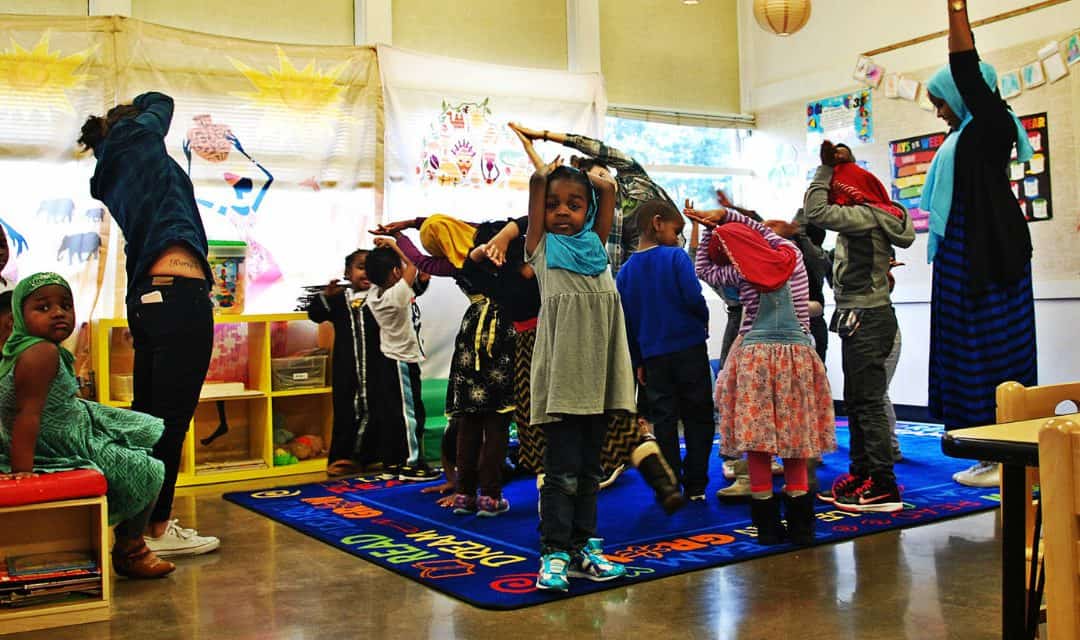
Early Childhood Matters: A Perspective from Ruby Takanishi
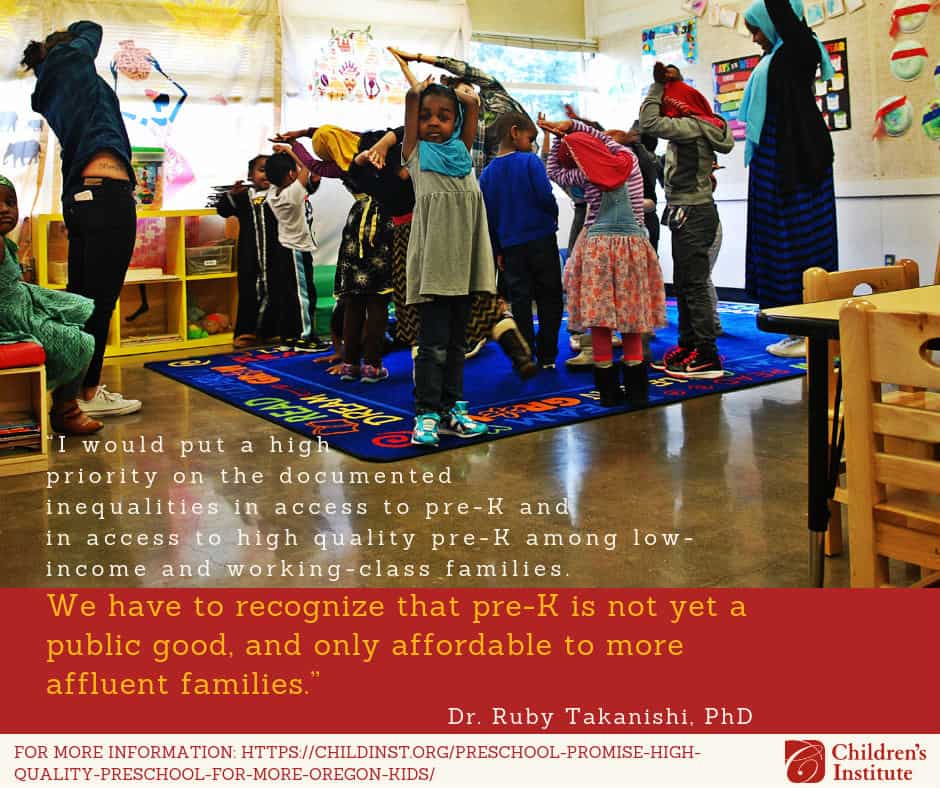
More From Dr. Takanishi
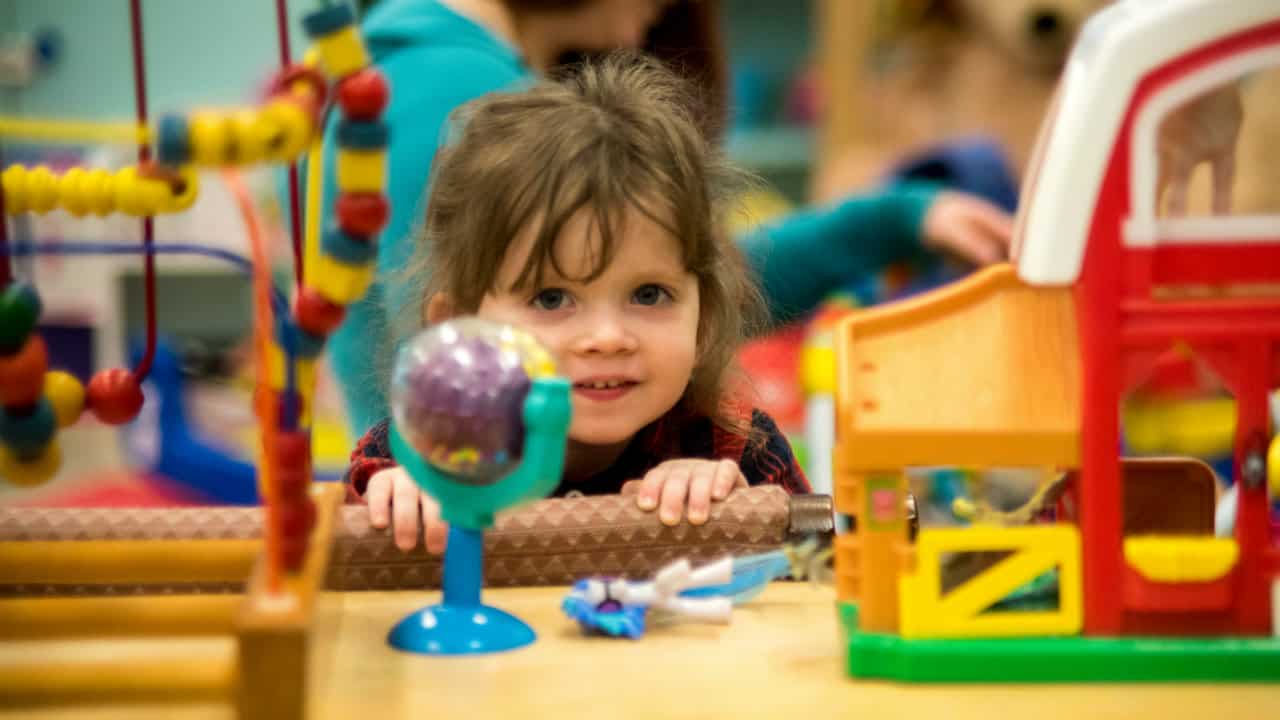
(New America, Sept. 2016)
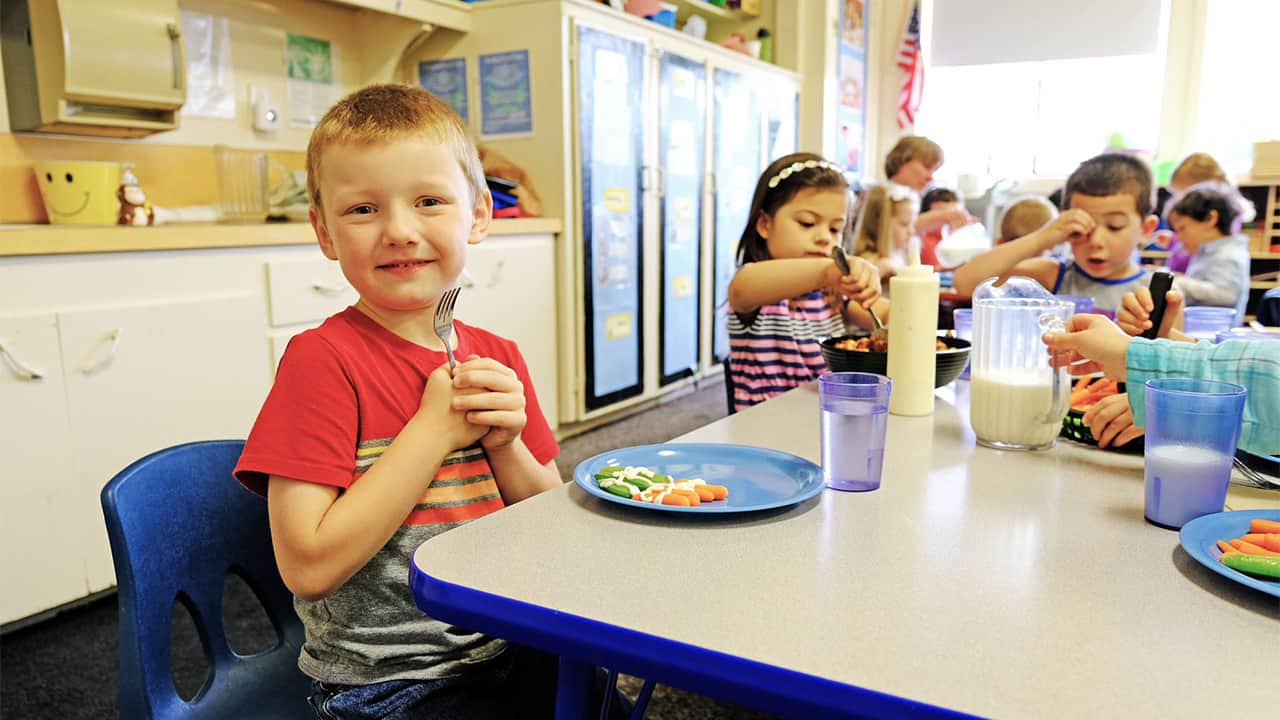
(The 74, Aug 2016)



(New America, Sept. 2016)

(The 74, Aug 2016)
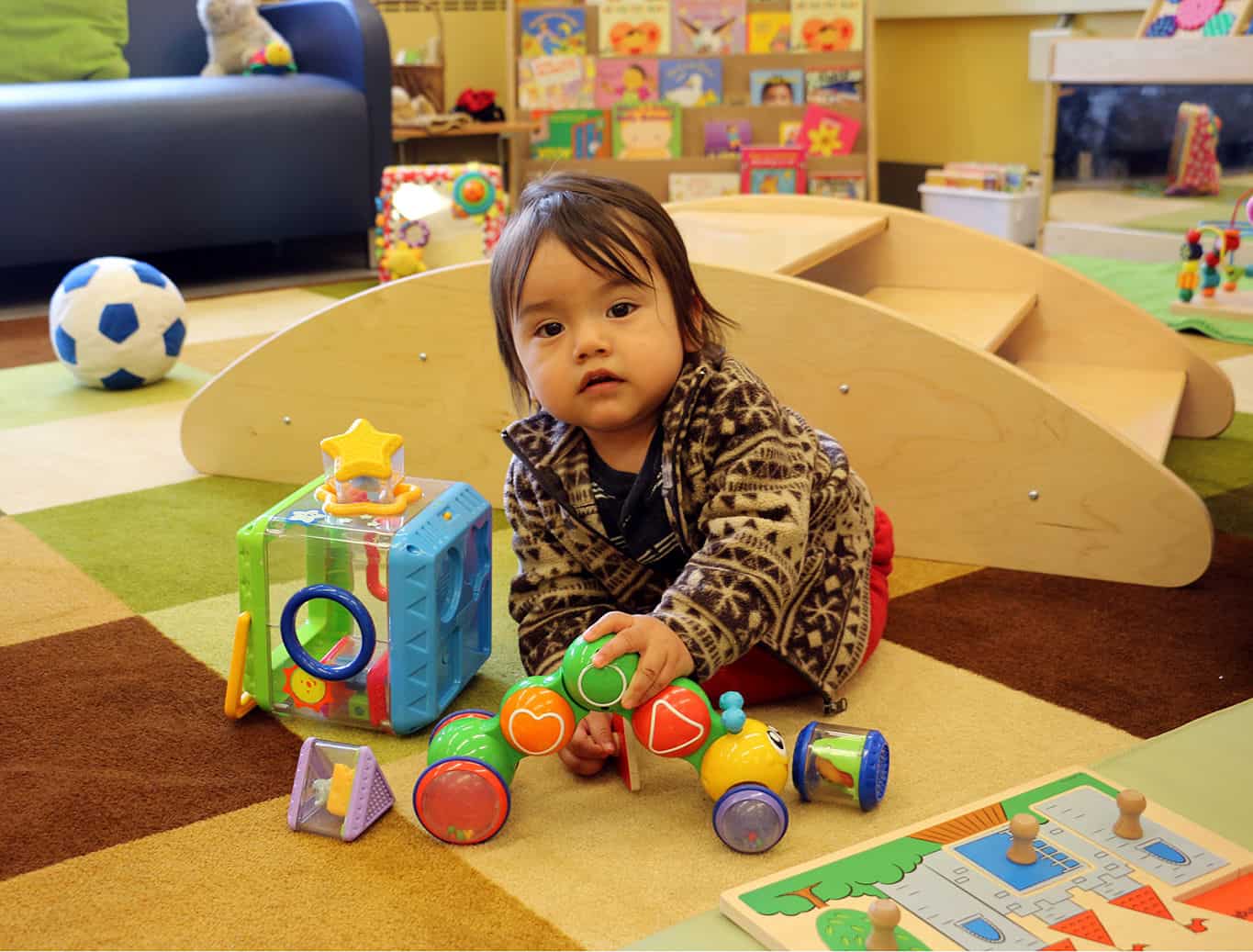 The United States is increasingly a nation of extremes with growing wealth and opportunity for some, and declining wealth and opportunity for many others. These stark social and economic inequalities are clearly reflected in how we educate our children.
The United States is increasingly a nation of extremes with growing wealth and opportunity for some, and declining wealth and opportunity for many others. These stark social and economic inequalities are clearly reflected in how we educate our children.
Some students receive a world class education from preschool through college. But far too many children are receiving an outdated education, one that will leave them behind in a competitive world, and will continue to reinforce achievement and opportunity gaps for multiple generations.
Ruby Takanishi, senior research fellow at New America and author of the book First Things First! Creating the New American Primary School, calls our educational inequalities the “civil and human rights challenge of our time.” These differences in opportunity, learning, and school preparedness begin as early as birth and are firmly entrenched as children enter kindergarten. They are also particularly intractable because they are connected to socio-economic conditions that impact families and communities, especially low-income children and children of color.
In this context, it’s important to understand that learning begins at birth and children experience their most profound cognitive, social, and emotional growth during their first eight years. Decades of research demonstrates that experiences shape our brains, and the quality of early learning experiences establishes the foundation for all future learning.
It is also true that advantage and disadvantage accumulate over time, and that for those who begin their lives furthest from opportunity our educational institutions and systems have very little to offer to help them catch up with their more advantaged peers.
This reality is especially acute in a state like Oregon, where the high school graduation rate is among the worst in the country. At the same time, we know that third grade reading proficiency is an excellent predictor of high school completion — students who do not read proficiently by the end of third grade are four times less likely to graduate from high school than proficient readers. Fewer than 50 percent of all third graders in Oregon are proficient in reading.
While action is necessary in middle and high school to improve graduation rates, it simply isn’t enough. Directing energy and investments toward early childhood can give children the foundation they need to succeed academically, graduate from high school, and improve their economic stability and health outcomes down the road.
If we’re serious about equitable high-quality education for all children beginning in preschool, we need to address gaps and differences in early opportunities right now. This can include new or retooled state and federal investments, cross-sector partnerships, collaboration with long-standing programs such as Head Start, research-based planning, nonprofit advocacy and much more.
Five Early Learning Innovations in Oregon
The following examples reflect efforts to build an effective, high-quality early learning system that meets the needs of the state’s diverse communities:
The evolution of primary education at the state level is essential. Federal investment in children and families is declining, and the most recent authorization of the Every Student Succeeds Act (ESSA) reinforces state roles. This means educational opportunities will vary from state to state, lack national norms or consistency and, in many cases, continue to reinforce societal inequalities that continue to plague our communities.
As states work to improve and strengthen early learning opportunities and investments, they should do so knowing their efforts promise to yield tremendous returns for our most vulnerable children and families. However, since early learning experiences such as child care and preschool are still largely private goods, accessing them depends on family economic resources. Public investment in such opportunities is essential.
It’s hard work sticking to a long-term vision that drives toward equitable opportunity and achievement. But states that invest time and resources in early learning can alleviate racial and socioeconomic inequities, empower families, schools and communities, and improve the lives of children by ensuring a strong beginning.